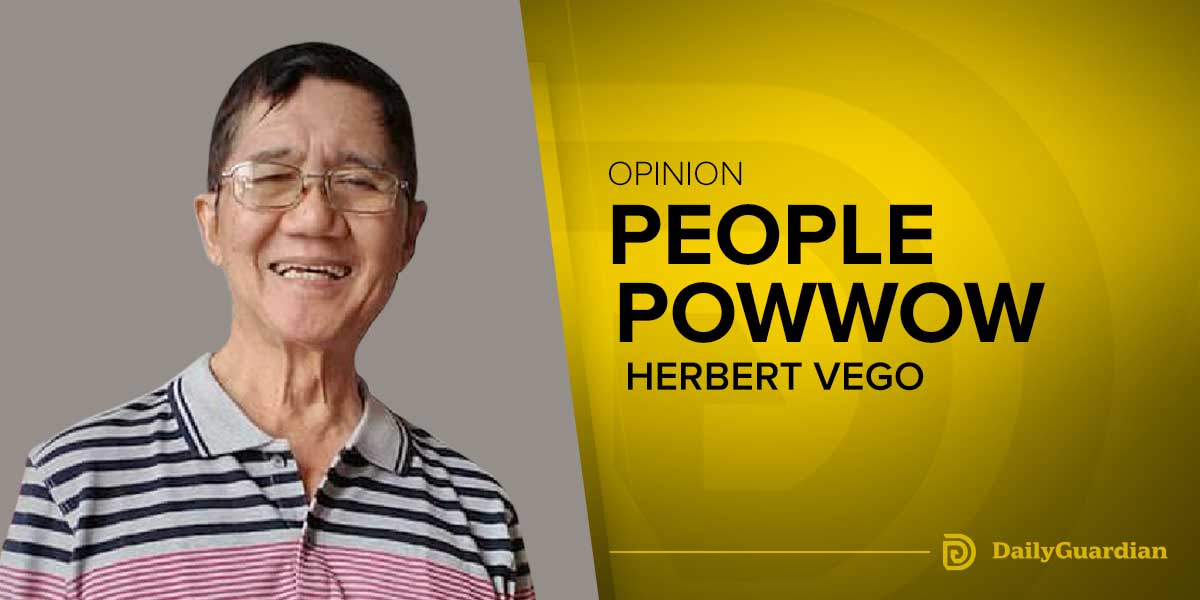The latest survey by the Philippine Observatory on Democracy (POD) offered a sobering message: our democratic values are no longer eroding from hostile forces alone, but from years of neglect in our classrooms, public discourse, and digital spaces.
Only 41 percent of urban Filipinos now express a clear preference for democratic governance. Nearly 60 percent either feel indifferent or lean toward authoritarianism under certain conditions. This isn’t merely a failure of statistics—it is a reckoning with how we teach, talk about, and practice democracy.
But decline is not destiny. The good news is that this erosion can be reversed—if we choose to act, collectively and with purpose.
Let’s start where the cracks are most visible: the classroom. For decades, civic education has been treated as an afterthought—confined to memorized constitutional provisions and superficial lessons in obedience. But we can—and must—reimagine it.
Civic learning must be about engagement, not just exams. Students must be taught not just the names of presidents, but the power of protest, the role of dissent, and the meaning of accountability. They must be trained not only to vote, but to question power and participate in shaping their communities.
There are signs of hope. A growing number of educators, NGOs, and youth leaders are already piloting democratic classrooms, holding civic hackathons, and leading voter education drives. These initiatives deserve support—not just applause.
Still, education alone is not enough. Our institutions must also earn back the people’s trust. Many Filipinos are rightfully disillusioned when courts stall justice, legislators prioritize spectacle over service, and politics becomes a race to the bottom. The antidote to this cynicism is not silence, but reform.
We must demand better: faster courts, more principled lawmakers, and local leaders grounded in service, not dynasty. And we must tell the stories of those already embodying these values—from community lawyers in Mindanao, to clean-governance mayors in the Visayas, to youth leaders organizing issue-based campaigns.
Even online, where outrage often drowns out reason, there are opportunities. A new generation of content creators, fact-checkers, and community journalists are using digital tools to inform, not inflame. With proper media literacy and platform accountability, social media can be reclaimed as a space for critical thought and civic dialogue.
Democracy is not dying. It is being tested.
The POD numbers are not a death sentence—they are a challenge. A call to rebuild the democratic habits we’ve lost: dialogue, deliberation, and civic courage. This is not just about preserving freedom—it’s about expanding dignity, justice, and shared power.
We don’t need to look far for heroes. They are the teachers rewriting lesson plans, the barangay leaders listening to their constituents, and the students fact-checking election propaganda in real time. They are the proof that democracy lives wherever people take it seriously.
The question now is not whether democracy can be saved.
It is whether we will be the ones to save it.





















